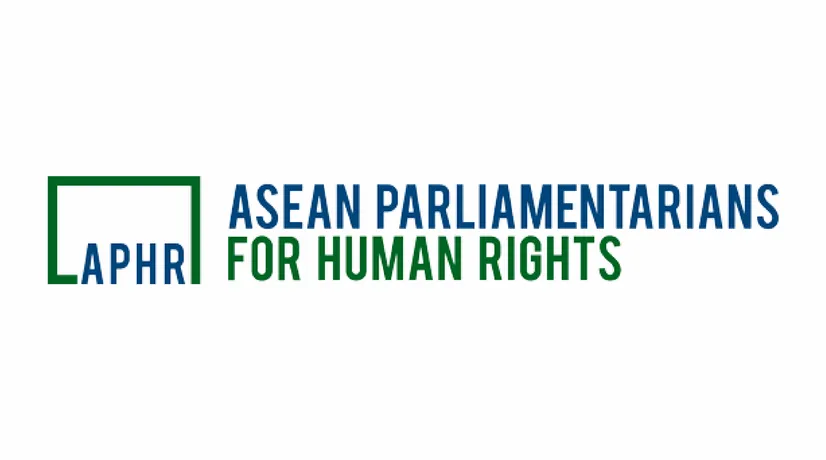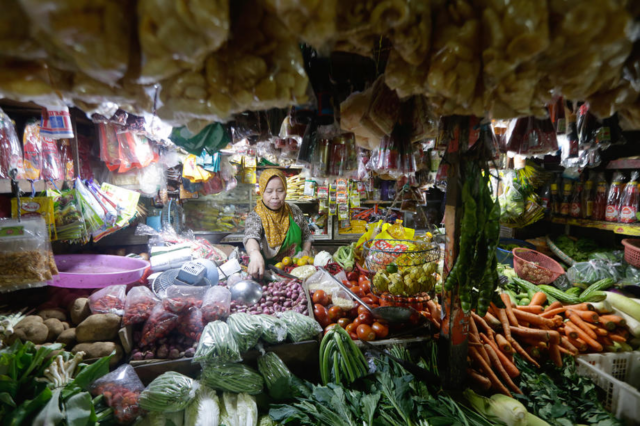Southeast Asian MPs urge ASEAN economic ministers to immediately tackle food crisis
27 June 2022


JAKARTA – As food and fuel prices are rising at alarming rates throughout the world, Parliamentarians from Southeast Asia are urging the economic ministers of their countries to gather in an emergency summit and agree on measures to tackle impending food shortages and widespread hunger currently threatening millions of their fellow citizens.
The global economy, already weakened by the pandemic, is taking another blow with the war in Ukraine, one of the main producers of grain in the world. Shortages of food, increases in oil prices, and fears of a global recession are already increasing prices of essential commodities. The average inflation rate in ASEAN went from 3.1 percent in December 2021 to 4.7 percent in April 2022, compared to 0.9 percent in January 2021. And, as always, this affects the poor most dramatically.
“ASEAN needs to act collectively, and needs to do it now. Climate change, the ravages of Covid-19, inequality in access to resources, and now Russia’s war on Ukraine, are having devastating impacts that no country can solve alone. It is necessary to urgently put in place a coordinated effort to protect the most vulnerable from a potentially devastating economic downturn,” said Mercy Barends, Member of Parliament in Indonesia and Board member of ASEAN Parliamentarians for Human Rights (APHR).
Inflation in food prices could even further increase the number of undernourished people in ASEAN. According to data from the World Bank, the share of undernourished people ranged in 2019 from 5.3 percent in Laos to 6.5 percent in Indonesia, 6.7 percent in Vietnam, 7.6 percent in Myanmar, 8.2 percent in Thailand or 9.4 percent in the Philippines.
People displaced from their homes are particularly vulnerable to increased food prices, which take an even higher toll on women and children. In Myanmar, there are over a million internally displaced persons (IDPs), most of whom were pushed to flee their homes as a consequence of the conflict triggered by the illegal coup d’état on 1 February 2021.
ASEAN member states adopted in 2020 the Integrated Food Security Framework, outlining food security measures that included food emergency and shortage relief measures, but it needs to be updated and enhanced in order to address a problem which is worsening. ASEAN must prepare for the future and act decisively to facilitate easy access to food for all, support its producers, and scale-up targeted, and nutrition-sensitive, social protection programs.
“Our economic ministers must come up with a clear roadmap on how to tackle the severe consequences of the current rise in food prices on those who are already experiencing high levels of acute food insecurity and hunger. We need trust and cooperation, and only through a collective effort will we be able to overcome the many challenges that have combined to create this crisis,” said Barends.
Announcements
04 April 2025
Myanmar: Human Rights Council condemns the junta, responds to the earthquake, and calls to end sale and supply of arms and jet fuel
31 March 2025
သတင်းထုတ်ပြန်ကြေညာချက် – မြန်မာနိုင်ငံရှိ ငလျင်ဒဏ်သင့် သက်ရှင်ကျန်ရစ်သူများနှင့် ထိခိုက်ခံစားရသည့် လူထုများအတွက် သဘာဝဘေးအန္တရာယ်ဆိုင်ရာ ကူညီကယ်ဆယ်ရေးအတွက် အရပ်ဘက်လူထုအဖွဲ့အစည်းများတောင်းဆို
30 March 2025
Press Statement: Civil society calls for disaster relief for earthquake survivors and affected communities in Myanmar
17 March 2025
အိတ်ဖွင့်ပေးစာ – အထူးကိုယ်စားလှယ်၏ အကျိုးစီးပွားဆိုင်ရာ ပဋိပက္ခရှိနေမှုက စုံစမ်းစစ်ဆေးမှုပြုလုပ်ရန် နှင့် ၎င်း၏လုပ်ပိုင်ခွင့်အာဏာကို အဆုံးသတ်ရန် အရေးတကြီးလိုအပ်နေမှုကို ဖော်ပြနေသည်
17 March 2025
Open letter: Special Envoy’s conflicts of interest signal urgent need for investigation and complete end of mandate

Progressive Voice is a participatory rights-based policy research and advocacy organization rooted in civil society, that maintains strong networks and relationships with grassroots organizations and community-based organizations throughout Myanmar. It acts as a bridge to the international community and international policymakers by amplifying voices from the ground, and advocating for a rights-based policy narrative.